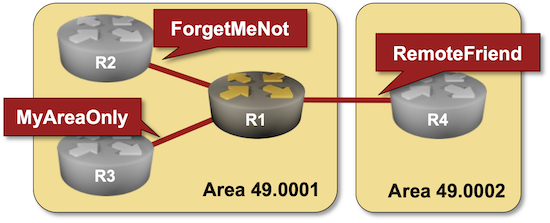How Cloudflare uses the world’s greatest collection of performance data to make the world’s fastest global network even faster
Cloudflare operates the fastest network on the planet. We’ve shared an update today about how we are overhauling the software technology that accelerates every server in our fleet, improving speed globally.
That is not where the work stops, though. To improve speed even further, we have to also make sure that our network swiftly handles the Internet-scale congestion that hits it every day, routing traffic to our now-faster servers.
We have invested in congestion control for years. Today, we are excited to share how we are applying a superpower of our network, our massive Free Plan user base, to optimize performance and find the best way to route traffic across our network for all our customers globally.
Early results have seen performance increases that average 10% faster than the prior baseline. We achieved this by applying different algorithmic methods to improve performance based on the data we observe about the Internet each day. We are excited to begin rolling out these improvements to all customers.
The Internet is a massive collection of interconnected networks, each composed of many machines (“nodes”). Data is transmitted by breaking it up into small packets, and passing them Continue reading


